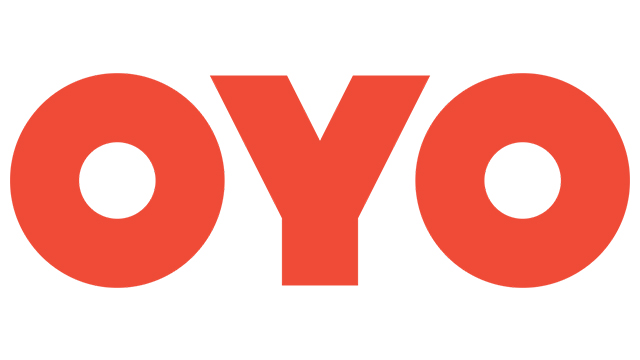

The last couple of weeks have been a real shit show for WeWork. It all began when WeWork started it’s roadshow for its upcoming IPO which was being led by JP Morgan and Goldman Sachs. The IPO was targeting a USD $3.5 billion offering. WeWorks’ last valuation was at USD $47 billion based on their Series H raise from SoftBank back in January 2019.
The roadshow highlighted many of the issues that people have been complaining about, mainly their business model. They take on 10-15 year leases on buildings and then turn around and sell seats on a monthly basis. What really kicked up the negativity was a blog post by NYC Professor Scott Galloway titled WeWTF (click for blog post), and WTF was not We Truly Fine! The blog post highlighted many of the red-flags about the upcoming WeWork IPO. It’s fair to say the professor is probably not welcome at any WeWork facility around the world.
So how does the WeWork IPO train wreck lead to collateral damage in India? Well, there are 2 entities that will get affected – Embassy Group and OYO.

Let’s talk about Embassy Group first, they are a property developer based in Bangalore (Bengaluru) and the local JV partner in India for WeWork.
The JV entity is called WeWork India Management Pvt. Ltd., 30% is held by WeWork and the balance 70% is owned by the Embassy Group. In June 2019, they were hammering out valuations and it was reported the JV was worth USD $2.75 billion. Which meant if WeWork wanted to buy out the Embassy Group it had to fork over USD $1.9 billion. At the time of the negotiations WeWork was valued at $47 billion, but after all the drama some are now estimating the company to be worth under USD $10 billion. Which means there is NO WAY the India JV is worth USD $2.75 billion. If WeWork really has taken an 80% haircut then the JV is probably worth in the neighborhood of USD $600 million as the new enterprise valuation.

The other startup that is going to face valuation drama is Oyo. Oyo is backed by SoftBank which also happens to have funded WeWork and Uber. SoftBank seems to have a track record of going big on these bets and pushing for public market valuations even though these startups don’t make a dime in profit. Uber had the same drama with the founder before it’s IPO and was ultimately fired. Uber is currently trading at it’s all-time lows and has yet to figure out it’s path to profitability.
I’m pretty sure in the coming months we are going to hear about OYO along the same lines of these other SoftBank portfolio companies. In fact the NY Times recently had an article about SoftBank founder Masayoshi Son and how these bets may not turn out as expected. But don’t feel bad for Masa, some of his other bets have done fantastic. In 2000, SoftBank made its most successful investment ever – USD $20 million to a then fledgling Chinese Internet venture Alibaba. This investment turned into $60 billion when Alibaba went public in September 2014.

